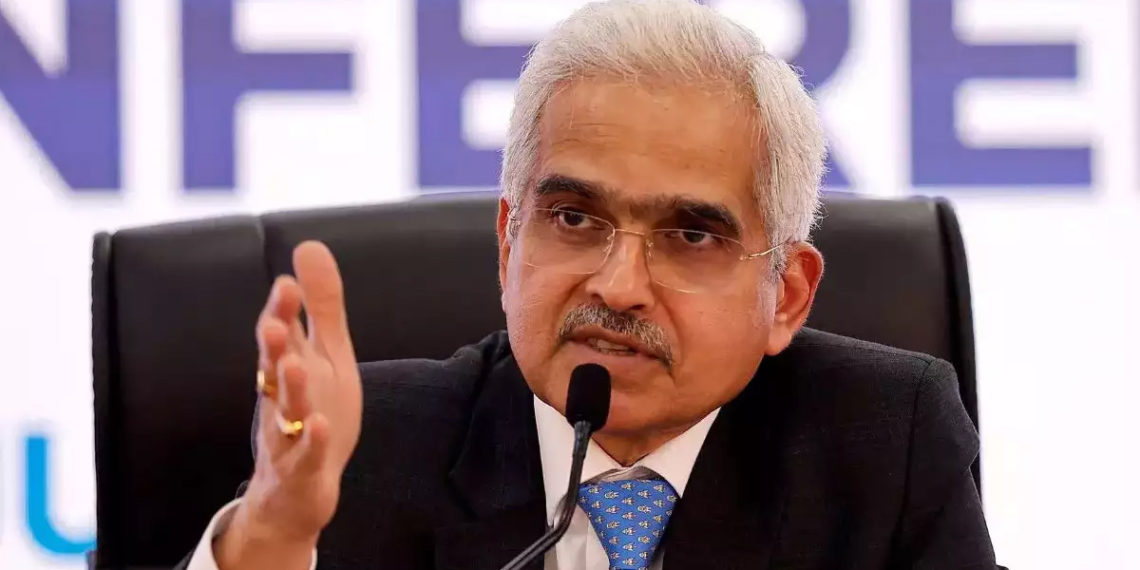In a comprehensive address during the 50th Monetary Policy Committee (MPC) meeting, Reserve Bank of India (RBI) Governor Shaktikanta Das underscored the strengthening capital position of Urban Cooperative Banks (UCBs) in the post-pandemic period.
As of March 31, 2024, the Capital to Risk-Weighted Assets Ratio (CRAR) for UCBs reached 17.5%, reflecting their improved financial health and enhanced risk absorption capacity. The Governor remarked that the Indian financial system remains robust, gaining strength from broader macroeconomic stability, with balance sheets that are both well-capitalized and unclogged, indicative of the sector’s growing resilience.
The MPC met from August 6th to 8th, 2024, to evaluate the evolving macroeconomic and financial landscape. After thorough deliberations, the committee decided by a 4 to 2 majority to keep the policy repo rate steady at 6.50%.
This decision implies that the standing deposit facility (SDF) rate remains at 6.25%, while the marginal standing facility (MSF) rate and the Bank Rate are held at 6.75%. The MPC also reaffirmed its focus on the gradual withdrawal of accommodation to ensure inflation aligns progressively with the target, all while fostering economic growth.
Looking ahead, the Governor expressed optimism about the future trajectory of the Indian economy. He highlighted that improved agricultural activity is set to boost rural consumption, while sustained buoyancy in services activity will support urban consumption. Additionally, the healthy balance sheets of banks and corporates, coupled with the government’s thrust on capital expenditure (capex) and emerging signs of increased private investment, are expected to drive fixed investment activity.
These factors, combined with improving prospects in global trade, are likely to aid external demand. However, the Governor also cautioned about potential risks stemming from protracted geopolitical tensions, volatility in international financial markets, and the challenges posed by geo-economic fragmentation.
Taking these factors into account, the RBI has projected real GDP growth for 2024-25 at 7.2%, with quarterly growth rates anticipated at 7.1% in Q1, 7.2% in Q2, 7.3% in Q3, and 7.2% in Q4. The growth forecast for Q1 of 2025-26 is also set at 7.2%. The Governor noted a slight moderation in the growth projection for Q1 of the current fiscal year, attributed to lower than expected corporate profitability, general government expenditure, and output in core industries.
In a significant policy announcement, the Governor revealed that the transaction limit for tax payments through the Unified Payments Interface (UPI) will be raised from Rs 1 lakh to Rs 5 lakh per transaction. This move aims to further ease tax payments for consumers, leveraging the widespread adoption of UPI across the country.
Governor Das also addressed the implications of the global IT outage on July 19, 2024, which was triggered by a faulty software update from a third-party vendor, affecting 8.15 million Windows devices worldwide. The outage disrupted businesses across the globe, impacting sectors from airlines to banks. Although India was relatively less affected, the incident served as a stark reminder of the vulnerabilities associated with over-reliance on technology without adequate contingency plans. The Governor emphasized the need for robust backup systems to mitigate such risks in the future.
The MPC meeting and the Governor’s remarks reflect a careful balancing act aimed at sustaining economic growth while managing inflationary pressures and navigating the complex global economic environment.





















































